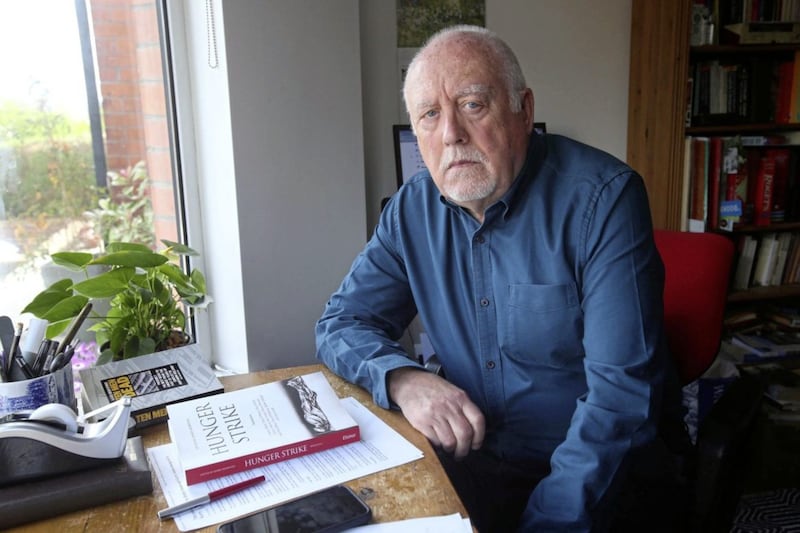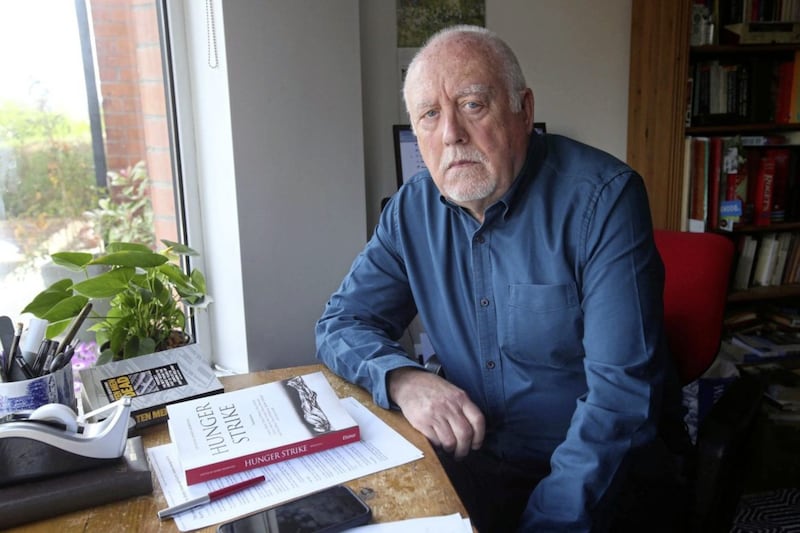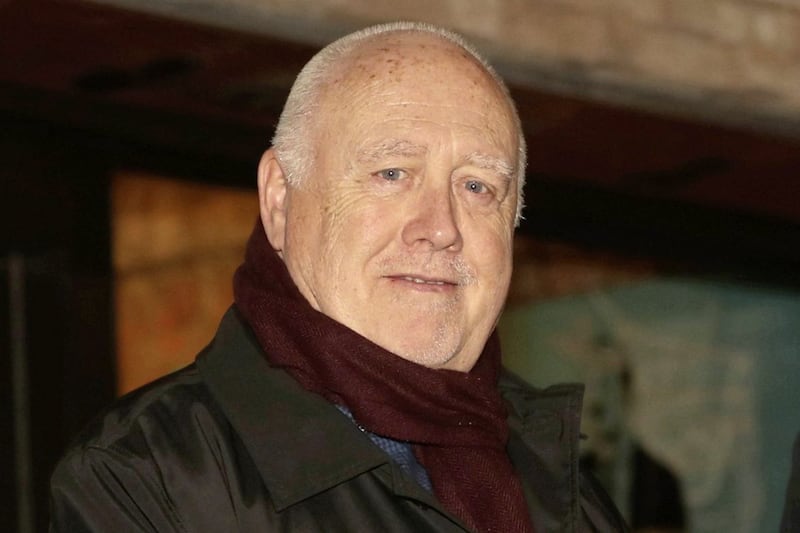THE Northern Ireland Office (NIO) has said it "understands and shares" public concern over a six-figure compensation pay-out for eight people who had convictions quashed in a case linked to an alleged IRA double-agent.
TUV leader Jim Allister said the announcement "that a pot of £1.6 million is to be shared among people previously convicted of being part of an IRA gang... will stick in the craw of many unionists".
In a highly unusual move, the NIO issued a statement confirming the payment and making clear it is unhappy with the outcome, which it claimed was the result of laws which were no longer "fit for the purpose".
The eight, including Danny Morrison, a former director of publicity for Sinn Fein, and ex-IRA man Gerard Hodgins, were jailed in relation to the kidnapping of alleged informer Sandy Lynch in west Belfast in 1991.
The convictions were overturned on appeal in 2008 and 2009 after it emerged that police did not disclose the role of Freddie Scappaticci, a former IRA head of internal discipline and alleged British agent.
It is understood that each will be paid more than £200,000, with two possibly in line to receive the same amount again for convictions overturned in another case.
"These payments had to be authorised as a result of legislation which had ceased to be fit for the purpose of defining a miscarriage of justice, following a decision by the Court of Appeal in 2008 and a Supreme Court judgment in 2011," a NIO spokeswoman said.
"We fully understand and share the public concern and anger there will be over this.
"That is why the government acted decisively last year to tighten the law to make it more difficult for these cases to succeed in future. The law now makes very clear that only in cases where newly discovered facts show beyond reasonable doubt that the person did not commit the offence will an applicant be eligible for compensation."
Mr Allister called for a review of the case of soldier Colin Worton, who spent two-and-a-half years in jail awaiting trial in connection with the 1983 murder of Catholic man Adrian Carroll along with the so-called 'UDR Four'.
Three of the men were entitled to compensation after being convicted but acquitted on appeal, but "even though he served precisely the same 30 months as co-accused had served" he was denied a pay-out because the case against him collapsed.
"That is an absurd state of affairs," Mr Allister said.








